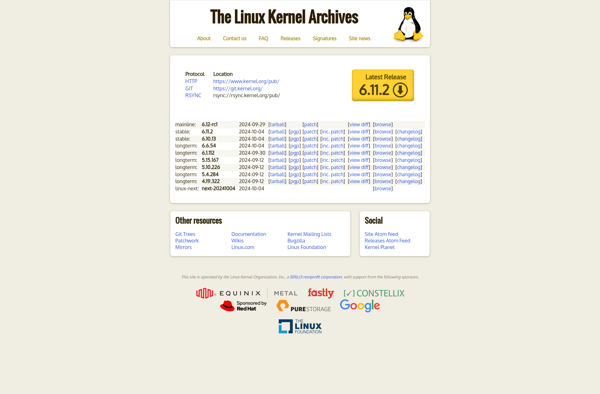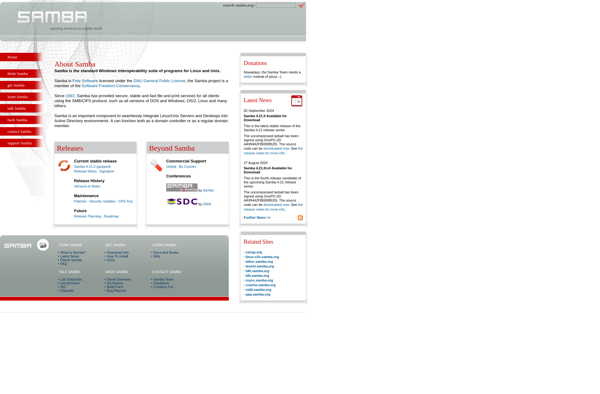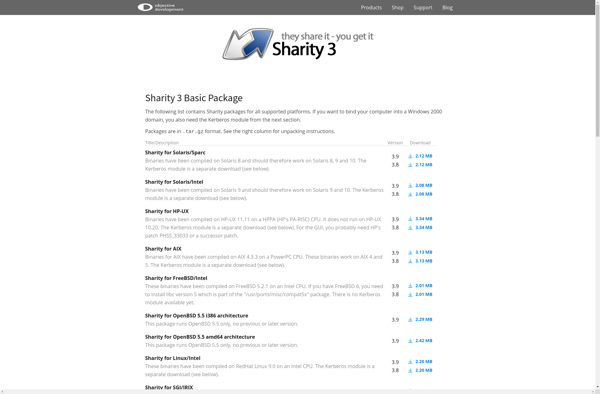Linux Network File System

Linux Network File System: Client/Server Application
A remote file system application allowing sharing of files, printers, and other resources across different operating systems, useful for accessing shared files.
What is Linux Network File System?
The Linux Network File System (NFS) is a distributed file system protocol that allows a user on a client computer to access files over a computer network much like local storage is accessed. NFS allows for mounting all or a portion of a file system on a server. The users and programs access files on the NFS server as though they are local files.
Some key benefits of NFS include:
- File systems and files can be shared among different operating systems, including Linux and UNIX systems
- No manual copying of files between systems is needed
- Data is accessed across the network much like local data
- Can share printers, software, and other resources across systems
- Helps centralize data and applications for easier management
NFS has some drawbacks as well, including security risks if not properly configured, and reduced performance compared to local storage. Setting up NFS requires configuring the NFS server with the exported file systems as well as permissions for allowed clients. Each client must mount the shared NFS directory from the server to be granted access.
Linux Network File System Features
Features
- Allows remote hosts to mount file systems over a network
- Enables sharing of files, printers, and other resources
- Works across different operating systems
- Supports concurrent access from multiple systems
- Provides transparent access - remote files appear as local files
- Uses RPC and XDR to transport NFS protocol
Pricing
- Open Source
Pros
Cons
Official Links
Reviews & Ratings
Login to ReviewNo reviews yet
Be the first to share your experience with Linux Network File System!
Login to ReviewThe Best Linux Network File System Alternatives
Top Network & Admin and File Sharing and other similar apps like Linux Network File System
Samba

Sharity
